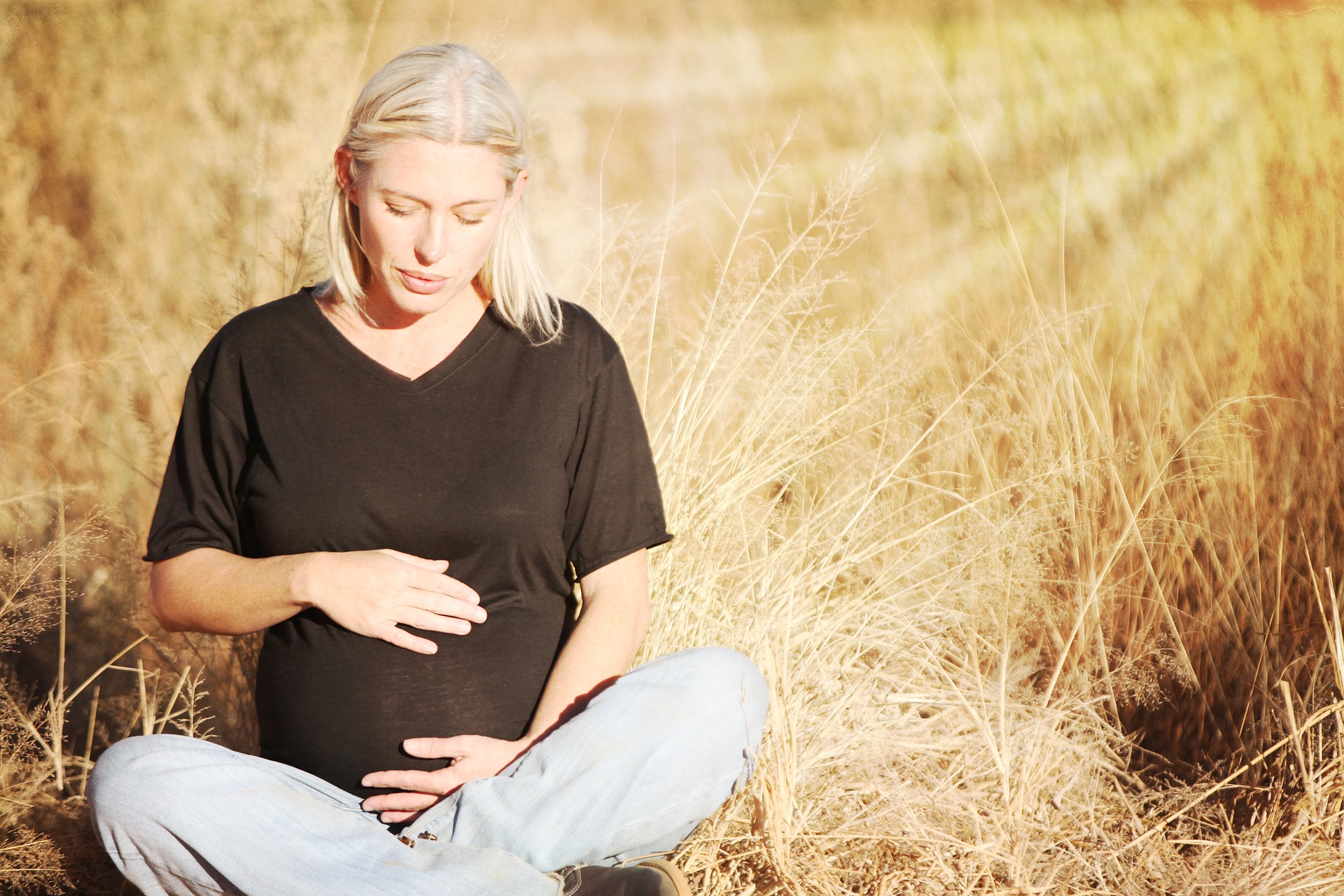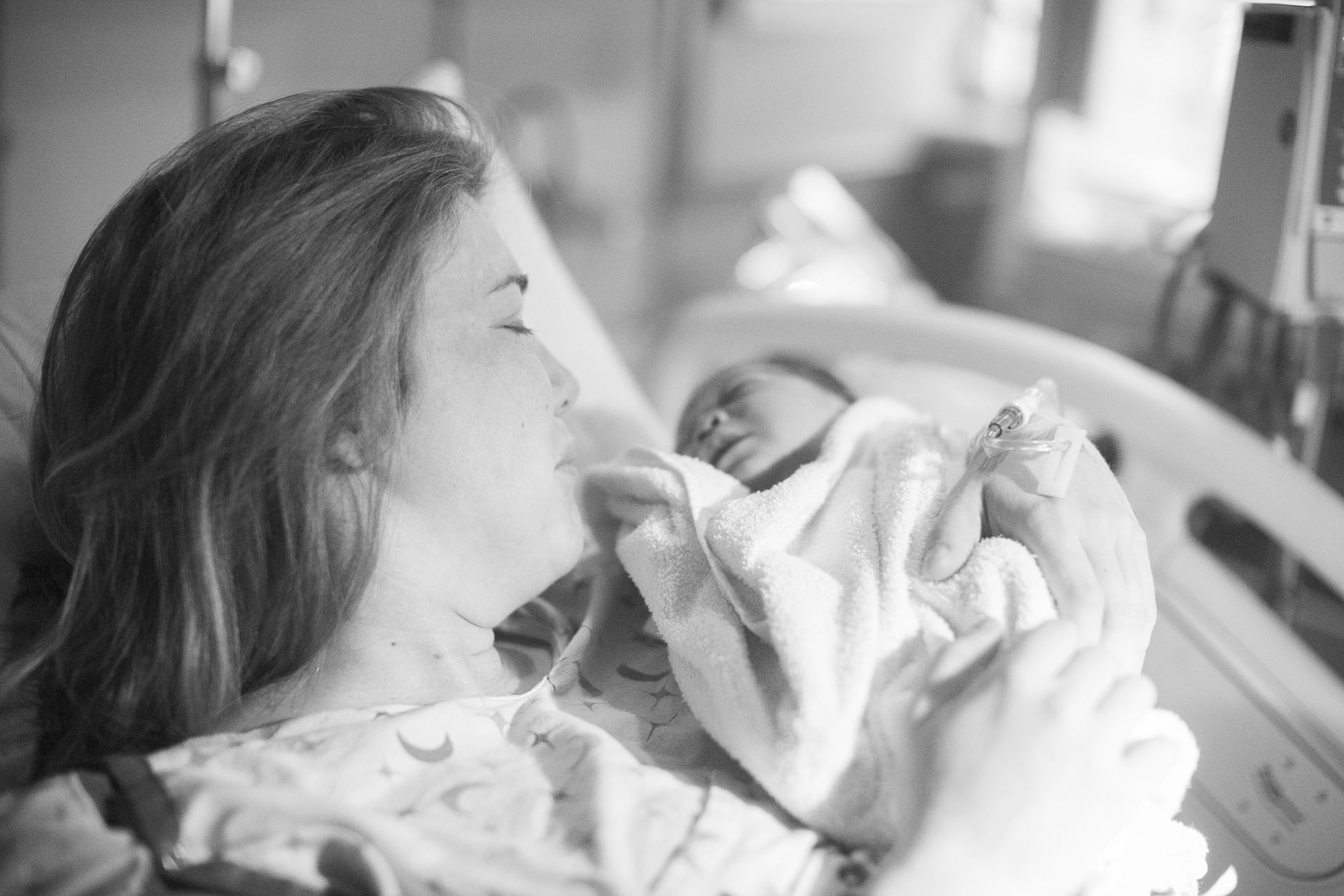Many women find it reassuring to go for pregnancy ultrasound scans regularly during their pregnancy. If you decide to attend Professor Barry O'Reilly at his private rooms in Cork, the number of ultrasound scans will depend on how often you see Prof. O'Reilly, as well as how your pregnancy is going.

The Pregnancy Ultrasound Scans Cork page answers the following questions:
1. What is a pregnancy ultrasound scan?
2. Is it safe to have pregnancy ultrasound scans?
3. Why is it necessary to have pregnancy scans?
4. What do I need to do to prepare for my pregnancy scan?
5. How are ultrasound scans performed?
6. What are the different types of pregnancy scans?
7. What is an early pregnancy scan?
8. What is a later dating scan?
11. What is a growth and well being scan?
12. What is a post dates and liquor scan?
Pregnancy ultrasound questions answered
1. What is a pregnancy ultrasound scan?
A pregnancy ultrasound scan is when a sonographer uses sound waves of a high frequency so that the sonographer and those attending can see pictures of your baby and body on the screen. Depending on which stage of pregnancy you are at, the sonographer will be checking different stages of your baby's development.
2. Is it safe to have pregnancy ultrasound scans?
Pregnancy ultrasound scans have been carried out ever since the 1960s in Glasgow, Scotland, and from the 1970s in British and American hospitals. There is no x-ray involved (radiation) and during these decades, no evidence has been found to show that ultrasound scans are harmful.
3. Why is it necessary to have pregnancy scans?
There are a number of reasons to have pregnancy scans: To confirm the due date of your baby To confirm if your pregnancy is viable by checking that there is a heartbeat present The amniotic fluid that protects your baby is also checked The location of the placenta is checked Through ultrasound the baby's anatomy is checked The development of your baby is monitored during pregnancy ultrasound scans To determine if you are carrying a singleton (one baby) or multiples (twins, triplets etc.)
4. What do I need to do to prepare for my pregnancy scan?
If you are under 14 weeks pregnant, it will be necessary for you to come with a full bladder. However once you are more than 14 weeks pregnant, this is no longer necessary.
5. How are ultrasound scans performed?
You will be lying on the couch and the consultant or sonographer will apply a water-based gel on your lower abdomen. The probe is then moved over this area and the consultant or sonographer will examine the pictures of your baby as they show on the screen. In some cases, in very early pregnancy, a transvaginal scan is performed.
6. What are the different types of pregnancy scans?
Early pregnancy scan
Nuchal translucency scan
Anatomy scan
Later dating scan
Gender scan
Growth and well being scan
Post dates and liquor scan
7. What is an early pregnancy scan?
6 – 12 weeks
An early pregnancy scan is carried out to confirm your pregnancy is viable (that a heartbeat exists) and also to check gestational age, locate the pregnancy and see if you are pregnant with one baby or more
8. What is a later dating scan?
12 – 17 weeks
The later dating scan is performed to confirm that the baby is situated within your womb and that baby's development is continuing normally. Baby's heartbeat is also verified and the delivery date is estimated. The site of the placenta is also examined.
9. What is an anatomy scan?
18 – 22 weeks
During the anatomy scan, the position of your baby is examined, as well as checking that your baby is developing normally. Additionally both the amniotic fluid and the placenta's location are checked.
10. What is a gender scan?
19 weeks onwards
The gender scan is carried out to discover what the baby's gender is, for parents who wish to know. Additionally, fetal weight is estimated and how the baby is lying is examined. The fluid is measured as is the blood flow in your baby's umbilical artery. The pregnancy is also checked to ensure that baby has no abnormalities.
11. What is a growth and well being scan?
22 weeks onwards
The growth and well-being scan evaluates how baby is developing and checks to ensure that baby has no abnormalities. Fetal weight is estimated, as is the position of how your baby is lying. The fluid around your baby is measured and the placenta's location is determined. If you wish to know the gender, this can also be determined – assuming your baby is lying in a way where it is possible to see the gender. The fluid is measured as is the blood flow in your baby's umbilical artery.
12. What is a post dates and liquor scan?
40 weeks onwards
The post dates and liquor scan evaluates the volume of liquor that surrounds your baby. Fetal weight is estimated, as is the placenta's location. How your baby is lying is evaluated, to check if a cephalic or breech birth may occur.





























































































